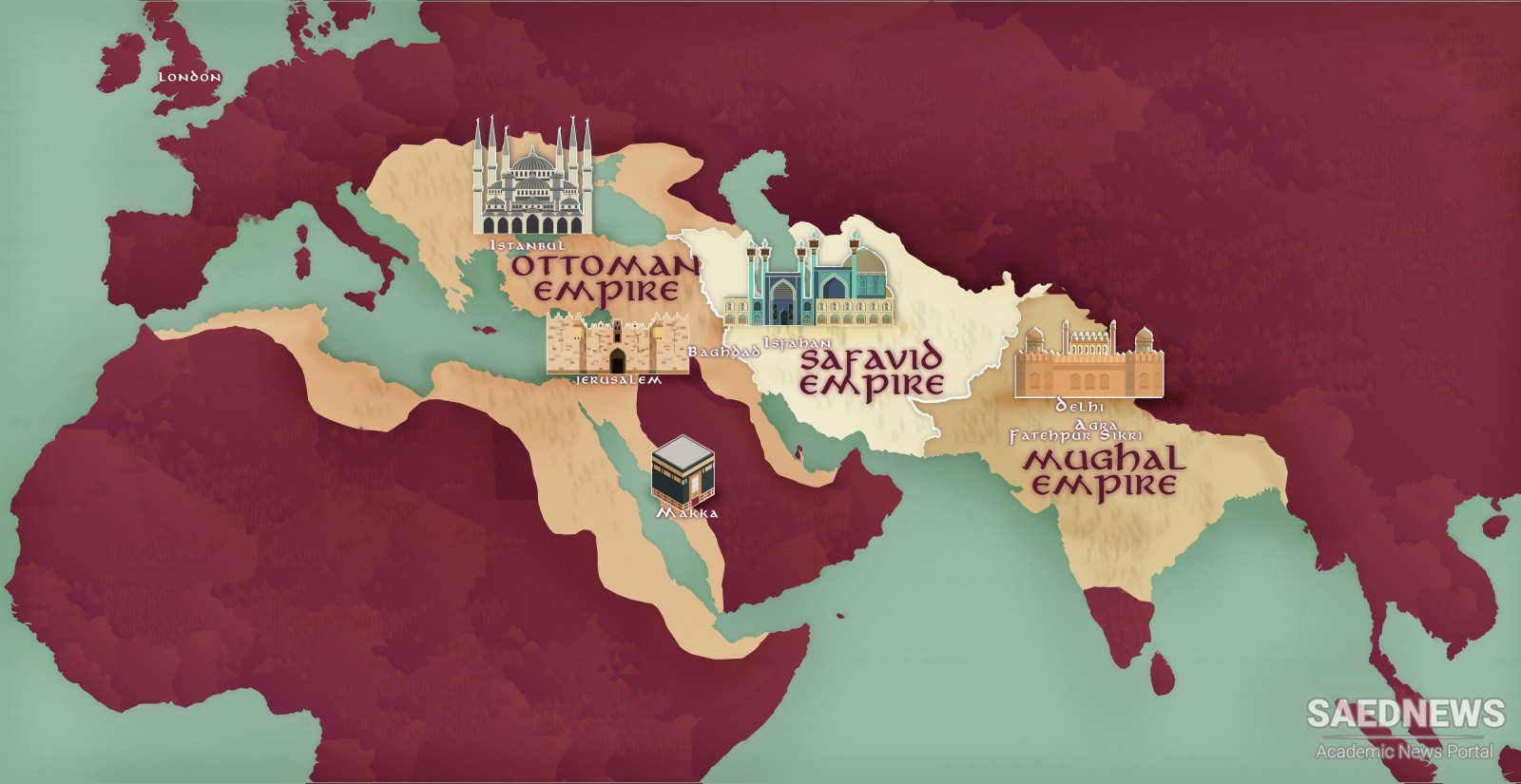A very different situation prevailed subsequently. The revolt was not quelled by the battle of Slvas and the death of Shah Qull. On the contrary, only after this did it break out properly in the province of Rum. Here there are clear links between the rebels and the Safavids. The proximity of the Persian frontier allowed them in an emergency to evade their pursuers by withdrawing on to Safavid territory, there to plan fresh exploits. The rebellious Qizilbash even obtained support from members of the Ottoman royal house. Prince Shehln Shah, one of Bayezld's sons and governor of Qaraman, tried to reach an agreement with them but died suddenly before achieving anything. When his brother Ahmed, whom the sultan had in fact chosen as his successor, saw his hopes of ascending the throne fade and rebelled as a result, his son Murad, who had been deputising for him in his capital Amasya, negotiated with the Qizilbash and allowed them to occupy Amasya in the middle of April 1512. The history of the revolt in Rum is characterised by atrocities just as terrible as those committed in western Anatolia by Shah Qull and his followers. Whether the conduct of the rebels met with Murad's approval, we do not know. At all events he soon lost the initiative and had no alternative but to flee to Shah Ismail. The revolt of the Anatolian Qizilbash contributed substantially to a turn of events which was highly unpropitious for the rebels: under pressure from his generals Sultan Bayezid abdicated in favour of his son Selim, who ascended the throne on 7 Safar 918/24 April 1512. The new sultan was not only energetic and determined, but was also a bitter enemy of Shah Ismail. He understood the true magnitude of the threat to his empire from the Qizilbash, for as governor of Trebizond he had watched from relatively close range the rise of the young Ismail, the orphaned son of a religious fanatic and political adventurer, to become the invincible God-King of Persia. He had seen too the fanatical valour of Ismail's warriors. He did not doubt that Ottoman rule, at least in the provinces of Asia Minor, was in jeopardy as long as the revolt of the Qizilbash in Anatolia was allowed to continue (Source: The Cambridge History of Iran, vol. 6).


 Qizilbash Rebels Revolt against Ottomans: Ottoman-Safavid Wars to Come
Qizilbash Rebels Revolt against Ottomans: Ottoman-Safavid Wars to Come














































